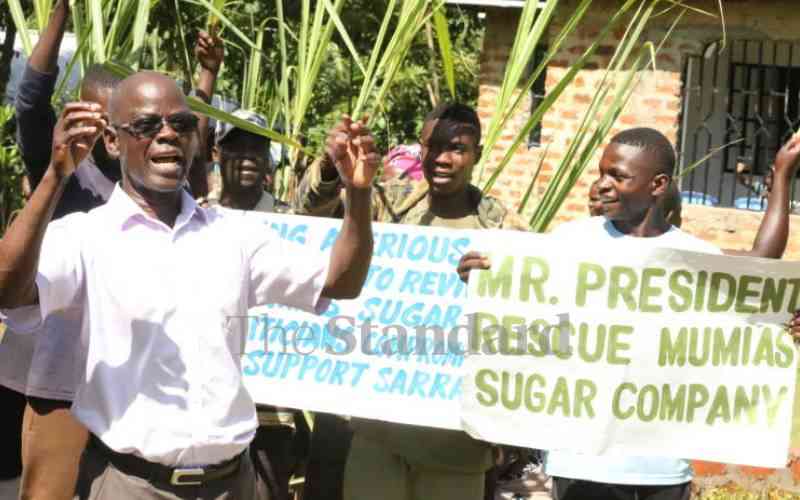×
The Standard e-Paper
Kenya’s Boldest Voice

Anxiety has gripped cane-growing areas in parts of Western with the planned three-month shutdown of factories due to sugarcane shortage.
Workers and farmers' representatives we spoke to say the directive was unavoidable, and the industry will now have to bear the consequences of lacking proper regulatory measures and ignoring farmers in their plans.